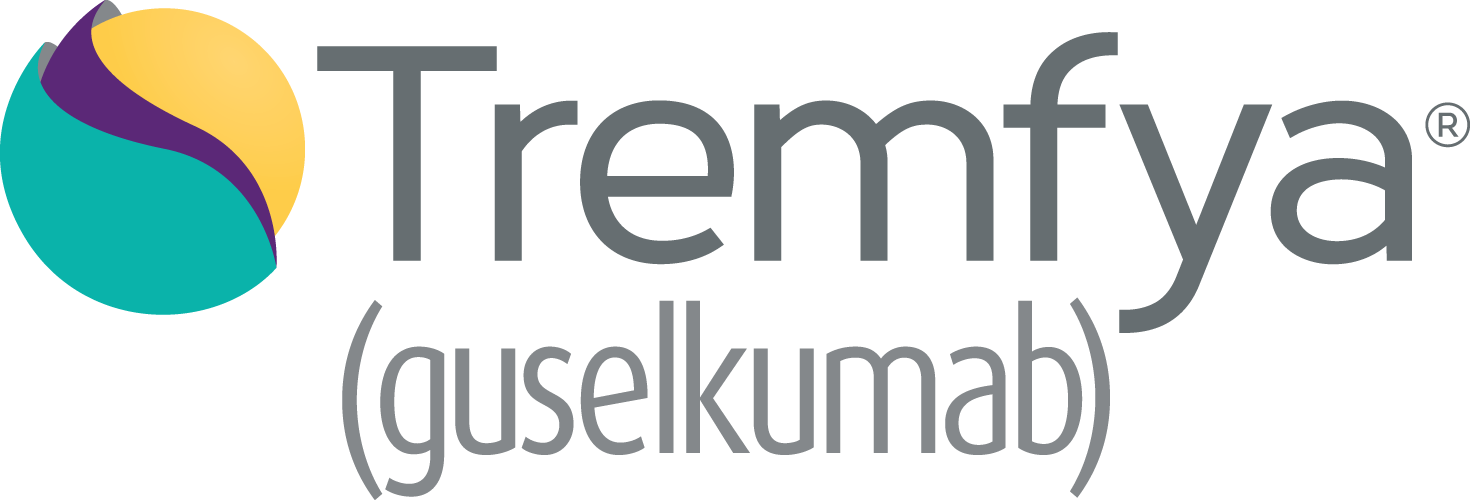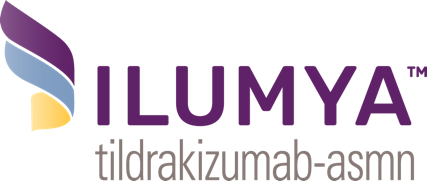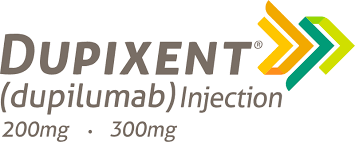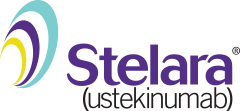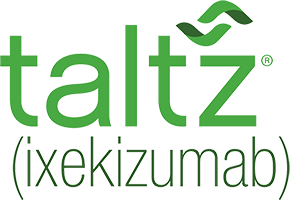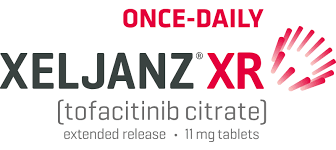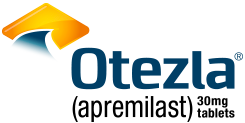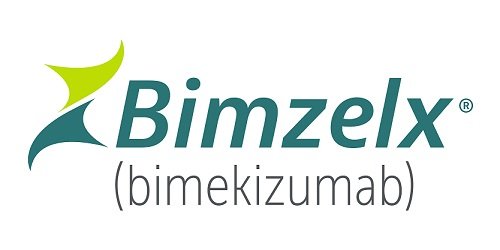Precision Immunotherapy for Dermatological Disorders at Alpha Dermatology
Alpha Dermatology of Pennsylvania, under the leadership of Daniel I. Shrager, M.D., a Board Certified Dermatologist with academic credentials from the University of Pennsylvania School of Medicine and Cornell University (Phi Beta Kappa), advances the management of psoriasis, atopic dermatitis, alopecia areata, and prurigo nodularis through targeted biological therapies. Employing biologics and Janus kinase (JAK) inhibitors, the practice addresses inflammatory and autoimmune dermatological conditions with high efficacy and safety. This article elucidates the mechanisms of action, clinical outcomes, and safety profiles of these therapies, highlighting Alpha Dermatology’s role in integrating precision medicine into clinical practice.
Introduction
Chronic dermatological disorders, driven by dysregulated immune responses, pose significant challenges to patient quality of life. Psoriasis, atopic dermatitis, alopecia areata, and prurigo nodularis exemplify conditions where immune-mediated inflammation underlies clinical manifestations. Traditional therapies, often non-specific, yield variable outcomes, prompting the development of targeted biologics and small-molecule inhibitors. Alpha Dermatology, based in Sellersville and New Hope, Pennsylvania, leverages these advances under the direction of Dr. Daniel I. Shrager, whose extensive experience informs a patient-centric approach. This report details the therapeutic modalities employed, focusing on their molecular targets, clinical efficacy, and safety considerations.
Therapeutic Modalities
Psoriasis
Psoriasis, affecting approximately 2–3% of the global population, results from aberrant T-cell activation and cytokine overproduction, leading to epidermal hyperproliferation. Alpha Dermatology employs biologics targeting tumor necrosis factor-alpha (TNF-α), interleukin-12/23 (IL-12/23), IL-23, and IL-17 pathways, achieving Psoriasis Area and Severity Index (PASI) 75 or higher in over 75% of patients.
Adalimumab (HUMIRA®): A monoclonal antibody neutralizing TNF-α, Adalimumab disrupts inflammatory signaling in psoriasis. Clinical trials report PASI 75 in 70–80% of patients by week 16. Adverse events include infections and injection site reactions, managed through baseline screening (e.g., tuberculosis) and periodic monitoring.
Ustekinumab (STELARA®): Targeting the p40 subunit shared by IL-12 and IL-23, Ustekinumab inhibits Th1 and Th17 cell differentiation. PASI 75 rates reach 65–75% within 12 weeks. Safety concerns, primarily infections, are mitigated by patient selection and follow-up.
Guselkumab (TREMFYA®): A selective IL-23p19 inhibitor, Guselkumab suppresses Th17-mediated inflammation. PASI 90 is achieved in 70–80% of patients by week 16, with a dosing interval of every 8 weeks. Mild upper respiratory infections dominate the adverse event profile.
Ixekizumab (TALTZ®): By binding IL-17A, Ixekizumab halts keratinocyte hyperproliferation. PASI 75 rates exceed 80%, with PASI 90 in 50–60% by week 12. Candidiasis and injection site reactions are noted, requiring vigilant monitoring.
Risankizumab (SKYRIZI®): This IL-23p19 inhibitor offers high specificity, with PASI 90 in over 70% and PASI 100 in up to 40% of patients by week 16. Its every-12-week dosing enhances compliance. Safety considerations include upper respiratory infections and rare hepatic effects, particularly in patients with inflammatory bowel disease, where Risankizumab is also indicated. Liver function tests are recommended at baseline and periodically.
Bimekizumab (BIMZELX®): Uniquely targeting both IL-17A and IL-17F, Bimekizumab addresses dual inflammatory pathways. Phase III trials demonstrate PASI 90 in over 80% and PASI 100 in up to 60% of patients by week 16, among the highest efficacy rates for psoriasis biologics. Increased candidiasis risk and rare inflammatory bowel disease exacerbation necessitate thorough pre-treatment evaluation.
Safety Profile: Common adverse events across these biologics include infections, injection site reactions, and, rarely, hypersensitivity. Pre-treatment screening for latent infections and comorbidities, coupled with regular monitoring, ensures a favorable risk-benefit ratio.
Atopic Dermatitis
Atopic dermatitis, characterized by type 2 immune responses and chronic pruritus, affects up to 20% of children and 10% of adults. Alpha Dermatology utilizes biologics targeting IL-4 and IL-31 pathways.
Dupilumab (DUPIXENT®): A monoclonal antibody inhibiting IL-4 and IL-13 signaling via the IL-4Rα receptor, Dupilumab reduces Th2-mediated inflammation and pruritus. Clinical trials show Eczema Area and Severity Index (EASI) 75 in 65–75% of patients by week 16. Conjunctivitis and injection site reactions are the primary adverse events, with low rates of serious infections.
Nemolizumab (NEMLUVIO®): By targeting IL-31, a key mediator of pruritus, Nemolizumab alleviates itching and improves skin lesions. Phase III trials report 50–70% EASI improvement and significant itch reduction by week 16. Adverse events, including nasopharyngitis and mild headaches, are generally well-tolerated.
Safety Profile: Both agents exhibit manageable safety profiles, with Dupilumab’s established use and Nemolizumab’s emerging data supporting their integration into clinical practice.
Alopecia Areata
Alopecia areata, an autoimmune disorder causing hair follicle destruction, affects approximately 2% of the population. Alpha Dermatology employs JAK inhibitors to suppress inflammatory signaling.
Baricitinib (OLUMIANT®): A JAK1/2 inhibitor, Baricitinib disrupts cytokine signaling (e.g., IL-15, IFN-γ) implicated in alopecia areata. Phase III trials show significant hair regrowth (Severity of Alopecia Tool [SALT] score ≤20) in 70–80% of patients after 36 weeks. Risks include infections, thrombosis, and cardiovascular events, requiring careful patient selection.
Ritlecitinib (LITFULO™): A selective JAK3 inhibitor, Ritlecitinib targets autoimmune pathways with high specificity. SALT ≤20 is achieved in up to 80% of patients by week 48. Similar to Baricitinib, adverse events include infections and rare cardiovascular risks, mitigated by monitoring.
Safety Profile: JAK inhibitors’ potential for serious adverse events underscores the need for baseline cardiovascular and infectious disease screening, with ongoing surveillance during treatment.
Prurigo Nodularis
Prurigo nodularis, marked by intensely pruritic nodules, results from a chronic itch-scratch cycle. Nemolizumab (NEMLUVIO®) targets IL-31, reducing itch and nodule burden. Phase III trials demonstrate over 50% reduction in itch scores and nodule counts by week 16, significantly improving quality of life. Adverse events, including upper respiratory infections and headaches, align with Nemolizumab’s profile in atopic dermatitis, with long-term safety studies ongoing.
Safety Profile: Nemolizumab’s mild adverse event profile supports its use, with further data needed to confirm long-term safety.
Discussion
Alpha Dermatology’s therapeutic armamentarium reflects a paradigm shift toward precision immunotherapy in dermatology. Biologics targeting TNF-α, IL-12/23, IL-23, IL-17, IL-4, and IL-31, alongside JAK inhibitors, offer unprecedented efficacy by addressing specific molecular drivers of disease. Bimekizumab’s dual IL-17A/F inhibition and Risankizumab’s high PASI 100 rates exemplify advances in psoriasis management, while Dupilumab and Nemolizumab redefine atopic dermatitis and prurigo nodularis treatment. JAK inhibitors provide hope for alopecia areata, though their safety profile demands rigorous oversight.
Challenges include the need for specialized expertise in administering and monitoring these therapies, as well as patient-specific factors (e.g., comorbidities, infection risk) that influence treatment selection. Alpha Dermatology mitigates these through comprehensive patient evaluation and continuous monitoring, ensuring optimal outcomes. Future research may elucidate novel targets, such as additional cytokine pathways or immune checkpoints, further refining therapeutic precision.
Conclusion
Under Dr. Daniel I. Shrager’s leadership, Alpha Dermatology exemplifies the integration of targeted immunotherapies into clinical practice. By leveraging biologics and JAK inhibitors, the practice achieves high efficacy and safety in managing psoriasis, atopic dermatitis, alopecia areata, and prurigo nodularis. This patient-centric approach, grounded in over two decades of expertise, positions Alpha Dermatology as a leader in dermatological innovation. For further information, contact Alpha Dermatology at its Sellersville or New Hope facilities.
Alpha Dermatology is the leader in biological therapy for the treatment of psoriasis, alopecia areata and atopic dermatitis. Our providers have treated thousands of patients with biological therapy over the past twenty years. These therapies include:

